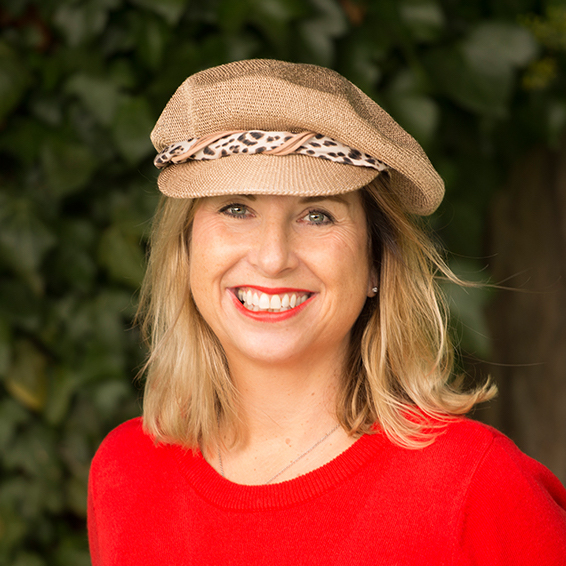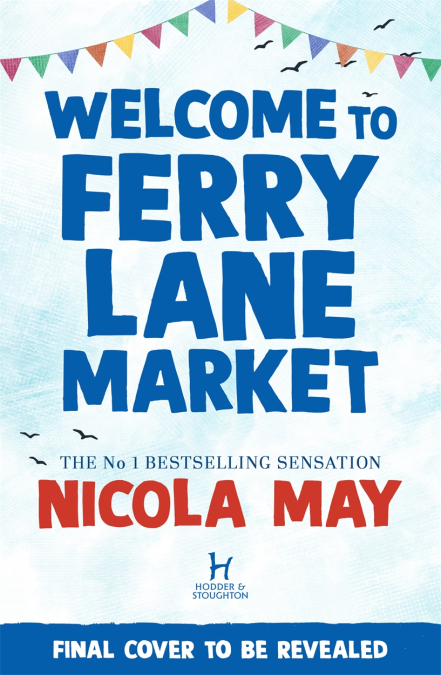Self-publish, Traditional – Or Both? Kindle Bestseller Nicola May Gives Us Her Opinion
25 February 2021
For Romance Reading Month we wanted a day to celebrate our members who are independent authors. Best selling author Nicola May joins us to talk about her experience as an indie author.

My road to self-published success
It wasn’t until I reached my thirties that my fictional firework was ignited. It all began with a half-marathon which I was dared to run and a diary that I had started to keep track of my training. I finished the run, didn’t finish the diary but decided as I was actually quite good at it, I would try my hand at writing a romantic comedy novel instead. Carried by the dream that I was now maybe going to be able to publish a book, I was overtaken by a huge passion to succeed.
Not once did I lose sight of writing full-time, in fact I became slightly obsessed with the end goal. Writing during evenings, weekends and holidays in order to get a book to an agent and nearer to that elusive publishing deal became my norm.
After securing the agent, but then failing to get a publisher for many years, the agent dropped me. I did spend time under a small publisher, but I wanted more success, so in 2011 I decided to go it alone and self-publish.
I worked so hard to promote my own books, taking every blog, press and signing opportunity I could. Then in 2019, twenty years after that half-marathon, The Corner Shop in Cockleberry Bay hit the number one slot on Amazon and my dreams of being able to write full time were at last realised.
Why I have now turned to traditional publishing
So, with this massive success as an Indie why am I now turning to a publisher you may ask. I was happy self-publishing and not looking for a traditional publisher but when approached by Hodder, I weighed up the options. The main one is that I have not hit dizzy heights with paperback sales and am only stocked in a handful of high street stores. One of my dreams has been to become a Sunday Times bestselling author. Just to see my name on that list in Culture Magazine would make my Sunday roast taste a whole lot better. With the backing of a mainstream publisher now behind me, I should be able to achieve this. I am no way turning my back on self-publishing. I see my relationship with Hodder as another string to my publishing bow.
Traditional v Indie – pros and cons of each approach
If you are undecided which way you wish you writing career to go, here are some options I weighed up with regards to Traditional v Indie –
Self-publishing pros
- Retain control of your work
- Choose your own timings for book release
- Financially, you receive the whole piece of the pie
Self-publishing cons
- Self promotion is key
- You need to be driven and dedicated
- Paperbacks – you may not be taken seriously by industry or booksellers
Traditional Publishing pros
- You are under the umbrella of a reputable and respected organisation
- Weight and experience of a whole team of people behind you for marketing, promotion, editing etc.
- Opportunity to enter new markets with paperbacks at home and overseas
- External speaking opportunities
- Easier media access
Traditional Publishing cons
- Control of your work taken out of your hands
- Deadlines
- Sharing the money pot
Campaigning for Indies on BBC Radio 4
I have always been frustrated that despite my great indie success there is still an industry snobbery. So, I was delighted when I was asked on to BBC Radio’s 4 You and Yours programme to fight the Indie corner. Described as ‘the invisible bestselling author’ – because at the time self published authors didn’t appear in eBook Charts – I explained why this important issue should be addressed.
I was over the moon when Philip Jones from The Bookseller listened and actioned this important industry breakthrough immediately. The magazine now includes the Bookstat E-Book Top 10 chart, which includes weekly sales from self-published authors. It is another step forward for the recognition of indies and hopefully for the industry and booksellers to further acknowledge that it isn’t just mainstream publishers who snap up talent.
 Nicola May is a self-publishing sensation. She’s the author of a dozen romantic comedies, all of which have appeared in the Kindle bestseller charts. In 2019 she hit the #1 Kindle bestseller spot in the UK, across all genres, with The Corner Shop in Cockleberry Bay. It spawned a series or 4 books. Now she’s signed a three-book deal with Hodder.
Nicola May is a self-publishing sensation. She’s the author of a dozen romantic comedies, all of which have appeared in the Kindle bestseller charts. In 2019 she hit the #1 Kindle bestseller spot in the UK, across all genres, with The Corner Shop in Cockleberry Bay. It spawned a series or 4 books. Now she’s signed a three-book deal with Hodder.
Welcome to Ferry Lane Market is out on July 22 Welcome to Ferry Lane Market by Nicola May | Hachette UK



